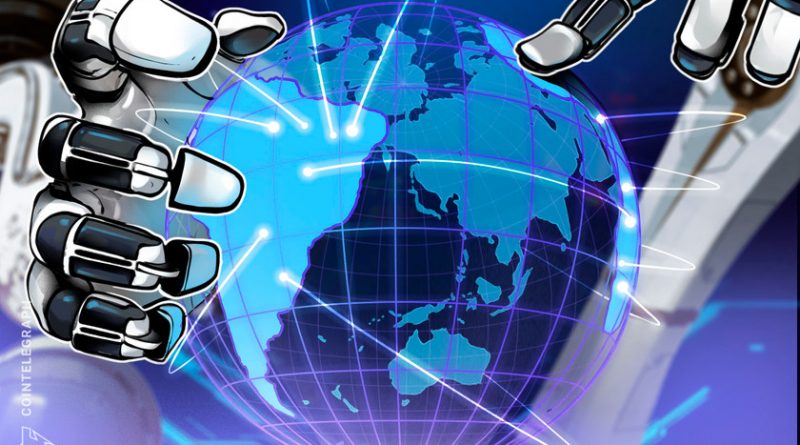Snowden and human rights advocates talk internet surveillance in the era of BLM
Challenges to internet freedom are threats to grassroots protests, panelists agreed.
On Friday, NSA whistleblower Edward Snowden led a panel discussion as part of a fundraiser for the Tor Project.
Joining Snowden were three experts in internet privacy and human rights. The four focused on global protests over the past year, whether they were in Minsk or Portland.
Founder of the Library Freedom Project Alison Macrina said that: “What we saw a lot this summer with the BLM protests across the country and the world was [..] law enforcement monitoring social media of activists.” She continued to notes that protestors have gotten cagier to the fact that law enforcement are using the internet to monitor them:
“One thing in the US that’s become pretty ubiquitous since the uprisings over the summer is people in the US not sharing photos or videos of strangers’ faces. That awareness and knowledge of what the threats are has really shifted, and that’s amazing to see.”
An expert on internet shutdowns and Africa, Access Now’s Berhan Taye pointed to recent ethnic tension in Ethiopia’s north. “There’s an armed conflict in the Tigray region and one thing that’s extremely devastating that we know that’s happened in Tigray is that the internet was cut off about a month ago.”
Per Taye’s account, many Tigrayans used Sudanese SIM cards to get around the block. A massacre of 600 civilians followed, in which citizens were targeted not just for the ethnic listing on their national IDs, but also for the presence of Sudanese SIM cards in their phones.
Addressing an American audience, Snowden noted of surveillance that “this is not something that simply happens far away,” despite variations in intensity. As examples, Snowden referred to planes that had appeared on flight monitors circling BLM protests near Baltimore, harvesting phone data of the protestors.
“We’ve got a two-tiered system, where the government can act freely while the citizens are restrained,” Snowden said.
Over the summer, many were talking about the role of decentralization in protecting protestors. As today’s panelists observed, encrypted messaging platforms like Signal and Telegram have become critical to organizing worldwide.




